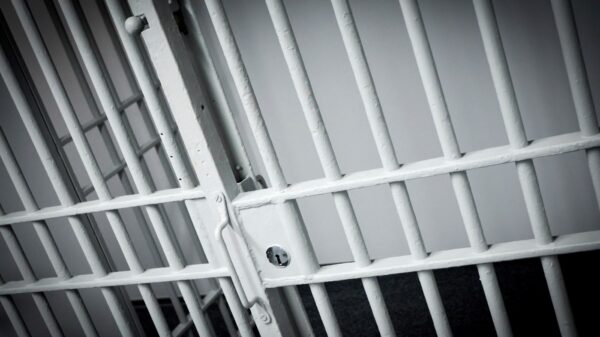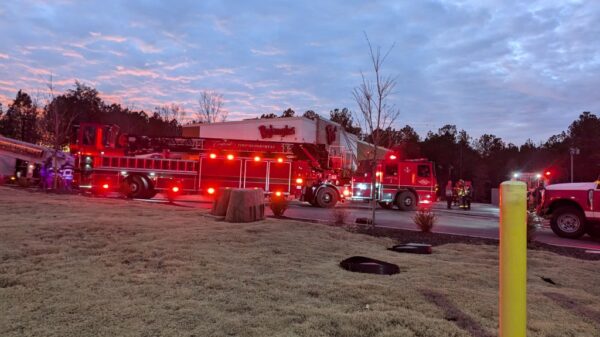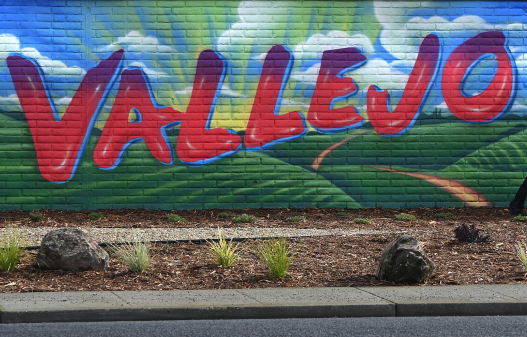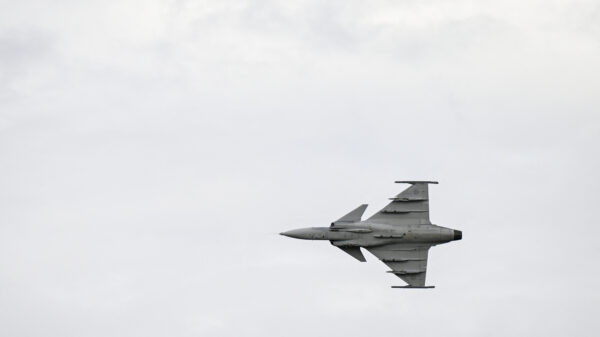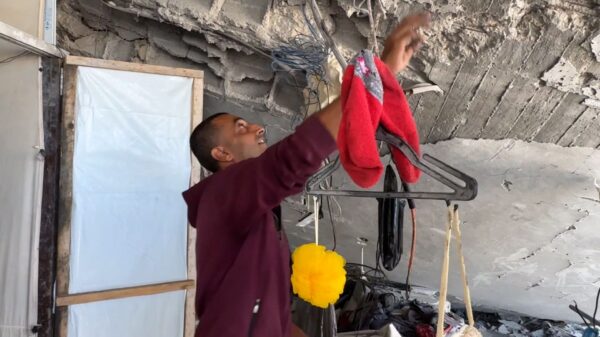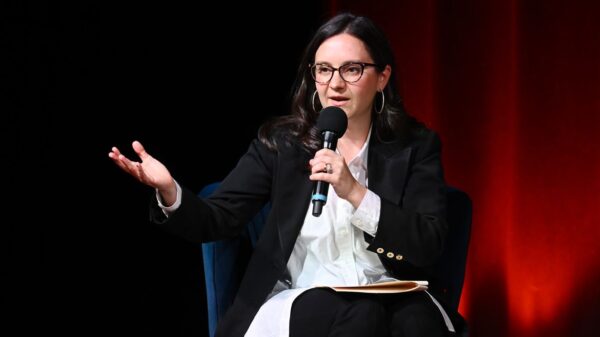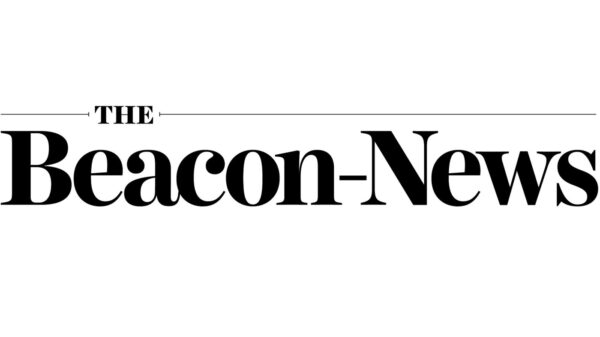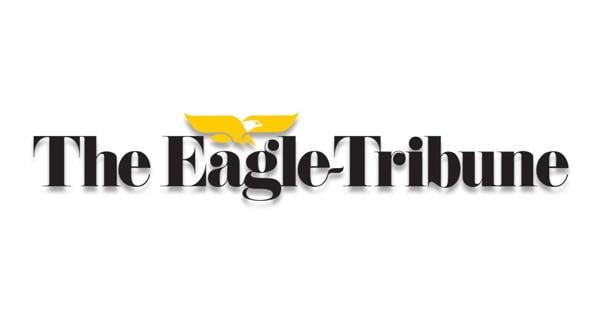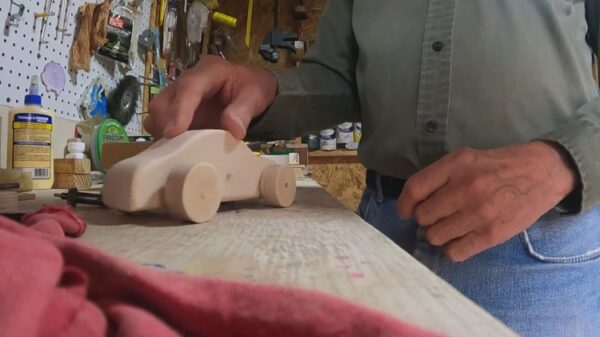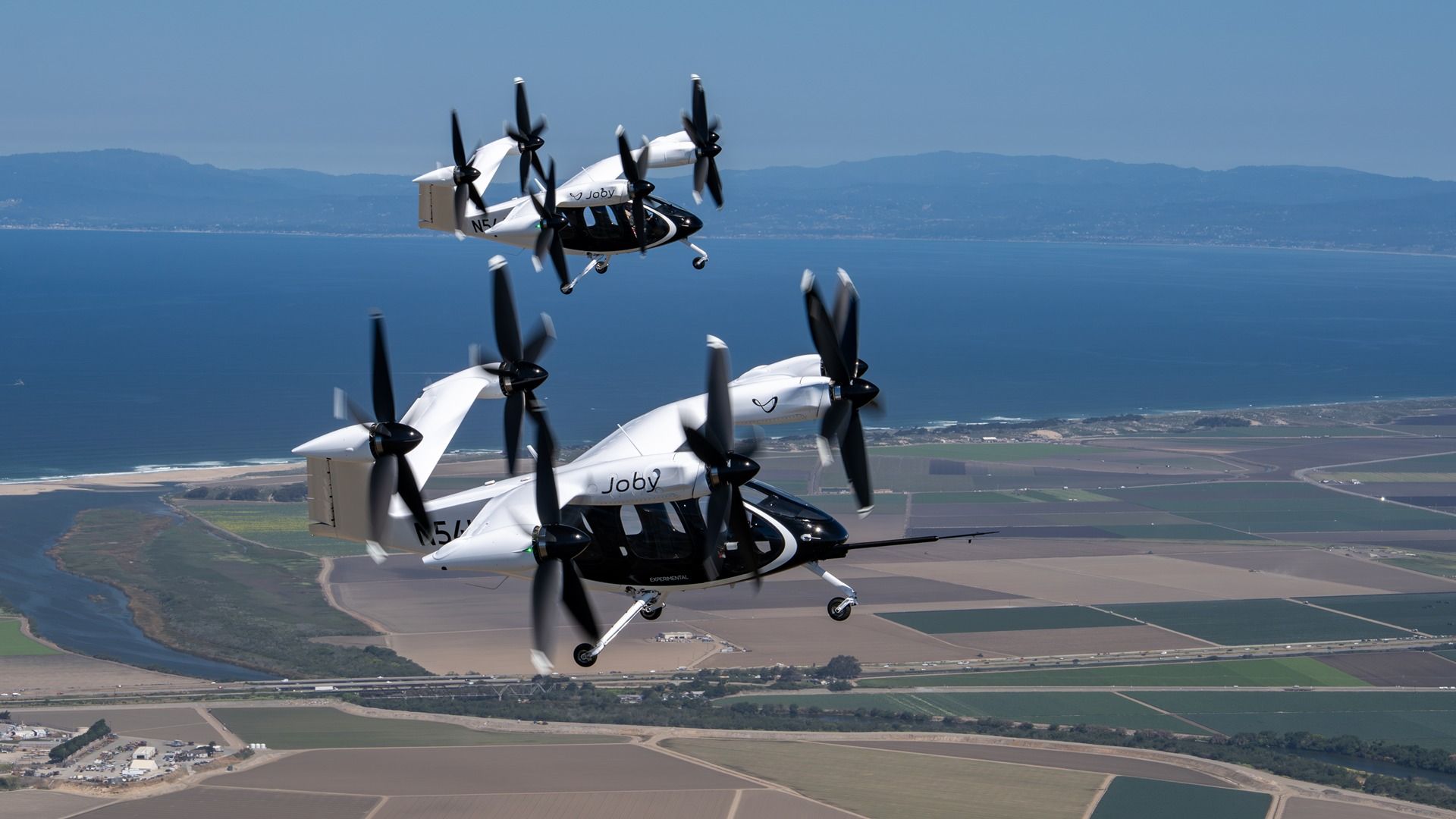Shares of US-based electric vertical takeoff and landing (eVTOL) manufacturer Joby Aviation experienced a significant decline of 12.43% over the past week, falling to $16.28. This downturn coincided with the company’s announcement on October 7, 2025, regarding its plan to raise $514 million through the sale of 30.5 million shares at $16.85 each. The offering price reflects a 10.9% discount compared to the stock’s previous closing price.
The capital raised is intended to bolster Joby’s efforts in aircraft certification and manufacturing, prepare for commercial operations, and cover general business expenses. The offering closed on October 9, 2025, with gross proceeds approximating $591 million before deductions for underwriting discounts and other expenses.
Competitive Landscape in the eVTOL Market
As the race to commercialize air taxis intensifies, Joby Aviation faces increasing competition from other eVTOL manufacturers, including Archer Aviation and Wisk Aero. These companies are also vying for a share of the emerging market for urban air mobility, which is driven by demand for clean and efficient transportation solutions. Joby aims to launch its S4 eVTOL aircraft for commercial service in early 2026.
Despite the recent stock price drop, Joby Aviation’s performance has been noteworthy over the past year. The company’s stock surged more than 170%, significantly rewarding shareholders in a challenging financial environment. The rally began in July 2025, when shares rose from a range of $7–$8 to $10.55. By August 2025, the stock peaked at $20.39, its highest valuation to date. Notably, analysts have pointed out that Joby currently generates no revenue, raising questions about sustainability, but this has not deterred investor confidence in the company’s future.
In contrast, Archer Aviation has experienced a more modest performance, with its shares gaining approximately 65% over the past six months, currently trading at $11.97.
Progress and Future Plans for Joby Aviation
Joby Aviation is making strides in its certification process, having completed Stage 3 of the FAA’s five-stage type certification. The company is currently around 70% through Stage 4, which involves the final assembly of its first conforming aircraft intended for Type Inspection Authorization (TIA) flight tests. This aircraft will undergo a rigorous series of evaluations, including bench, ground, environmental, and lightning tests to ensure compliance with FAA standards.
The S4 eVTOL aircraft is designed to carry four passengers at speeds of up to 200 mph and has a maximum range of 150 miles on a single charge. This range is adequate for over 99% of urban routes in major cities like New York and Los Angeles, which enhances the aircraft’s potential utilization rate.
Looking toward international markets, Joby plans to launch passenger air taxi services in Ras Al Khaimah by 2027 and is preparing for operations in Dubai next year. The company recently showcased its aircraft at Expo 2025 in Osaka, Japan, in partnership with ANA Holdings.
In a significant milestone, Joby Aviation completed its first piloted flight in FAA-controlled airspace, successfully conducting a 12-minute flight between Marina Municipal Airport and Monterey Regional Airport over a distance of 10 nautical miles. This marks an important step in demonstrating the viability of its eVTOL aircraft for practical urban transportation.
As the eVTOL sector continues to evolve, Joby Aviation remains focused on its mission to revolutionize urban mobility while navigating the challenges of a competitive landscape.

